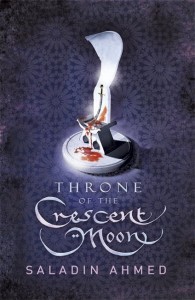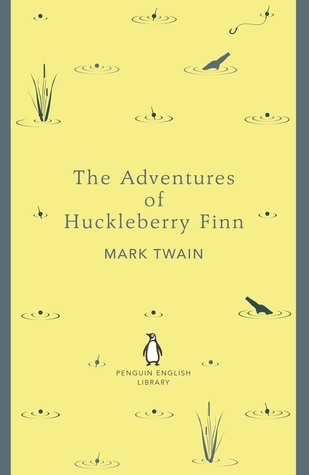The Bloody Chamber is a collection of fairy tales. But not fairy tales as you would remember them from your childhood; grown-up fairytales full of violence, horror and sexuality. From Bluebeard to Beauty and the Beast to Puss in Boots, Carter reinvents the traditional tales in haunting ways.
I'm never quite sure how to review short story collections. Novels are easier as they tend to have one over-arching plot to comment on, where as short story collections have so many. I think I will mention some of the stories that made the most impact on me, before offering general thoughts on Carter's writing.
Without a doubt, the most powerful story was the titular one, The Bloody Chamber. In this retelling of the Bluebeard legend, a young woman journeys by train to the castle owned by her wealthy new husband, a Marquis. The Marquis has been widowed three times and his castle is truly a gothic masterpiece set against a roaring and angry sea. When he has to leave on a business trip, he hands his new wife the keys to all of the rooms in the castle, including one that he forbids her to enter. Of course, her curiosity gets the better of her, and what she sees in the forbidden room hints at a terrible fate waiting for her. I loved this stoy the most as it was so genuinely thrilling; I had guessed what would be in the room, but Carter still weaves this wonderful web of suspense, that made me feel genuinely scared for the woman, yet unable to stop turning the pages. The writing is so rich and full of sensuality as the sexual awakening of the main character mingles and becomes confused with the danger she is in.
I also loved The Erl-King, which was just so atmospheric. A young woman is drawn into the dark heart of a sinister forest by the mysterious sprite-like Erl King, who seems to be made from the forest itself. He has total power over all living creatures and she is completely under his spell. But as her visits continue, the young woman realises that she is trapped, and that the Erl-King only means her harm. I enjoyed this story in particular as it was just so haunting, Carter conjures up what it is about deep, dark forests that speaks to us somewhere buried inside, and puts all of the that into the character of the Erl-King. As with The Bloody Chamber, sex and danger are two elements of the tale, and the main character also takes steps to get herself out of a threatening situation.
To be honest, there wasn't a single tale in The Bloody Chamber that I didn't enjoy and savour. In fact, I had to force myself to slow down whilst reading it and appreciate each individual story, as my initial impulse was to devour the book in one sitting. Carter's writing is just so rich and descriptive, so full of atmosphere that it simply sweeps you away. I fell in love with it within a few days and didn't stop admiring it all the way through. She completely reinvents familiar tales in ways I would never have thought of and personalises them, so the characters actually feel emotion and respond appropriately (something that you don't get to see in the original stories). Carter's characters think and feel in this wonderfully lush setting and the result is simply wonderful. I can't think of enough glowing sentences to describe just how fantastic this book is, you're just going to have to trust me when I say it's simply brilliant.
If you haven't read it, you need to go and get yourself a copy. It's the best thing I've read all year.
Source: Personal copy
First Published: 1979
Edition Read: Penguin, 1986
Score: 5 out of 5








